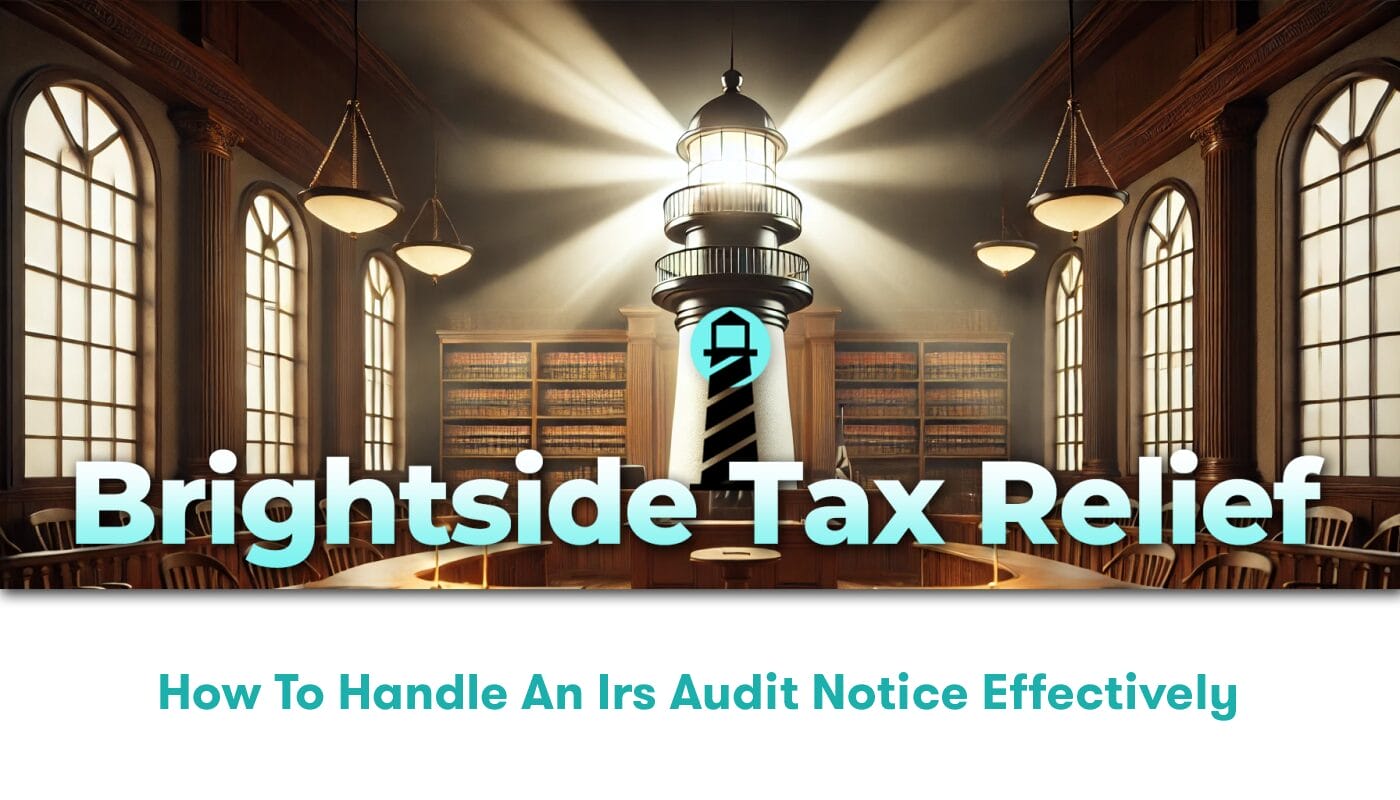Unraveling the Trust Tax Tangle: A Spotlight on Filing Complexities
When it comes to filing taxes for trusts, you might feel like you’re navigating a labyrinth blindfolded. Trust taxation is a unique beast in the financial jungle, with its own set of rules, regulations, and potential pitfalls. Whether you’re a trustee, beneficiary, or just a curious bystander, understanding the intricacies of trust tax filing is crucial to avoid running afoul of the IRS and ensuring the trust’s financial health.
Trusts come in various flavors, each with its own tax implications. From revocable living trusts to irrevocable trusts, grantor trusts to complex trusts, the tax treatment can vary significantly. It’s like a box of chocolates, but instead of delightful surprises, you get a mix of tax forms and regulations. The key is knowing which type of trust you’re dealing with and how it affects your tax obligations.
One of the most critical aspects of trust taxation is understanding who bears the tax burden. In some cases, it’s the trust itself, while in others, it’s the grantor or beneficiaries. This determination can have significant implications for tax planning and distribution strategies. It’s like a game of hot potato, but with tax liability instead of a spud, and the music never stops playing.
Trust Tax Filing: A Deep Dive into the Fiscal Abyss
Let’s plunge into the depths of trust tax filing, where the water’s murky and the currents are strong. First and foremost, trusts that generate income are required to file Form 1041, the U.S. Income Tax Return for Estates and Trusts. This form is the trust’s tax return, much like Form 1040 is for individuals, but with its own unique twists and turns.
One of the most perplexing aspects of trust taxation is the concept of distributable net income (DNI). DNI is essentially the yardstick used to measure how much of the trust’s income is taxable to the beneficiaries rather than the trust itself. It’s like a financial game of Twister, where the trust’s income, deductions, and distributions all come into play, determining who pays what and when.
Another crucial element in the trust tax equation is the tax rates applied to trusts. Trusts reach the highest tax bracket much faster than individuals, which can result in a hefty tax bill if not managed properly. It’s like climbing a tax ladder where the rungs are closer together, and before you know it, you’re at the top facing maximum rates. This is where strategic planning and expert guidance can make a world of difference in minimizing the tax burden.
Brightside Tax Relief: Your Beacon in the Trust Tax Storm
When it comes to navigating the turbulent waters of trust taxation, having a skilled captain at the helm can make all the difference. That’s where Brightside Tax Relief comes in, shining like a lighthouse guiding ships safely to harbor. With their nationwide reach and specialized expertise in trust tax matters, they’re uniquely positioned to help trustees, beneficiaries, and grantors alike navigate the complex world of trust taxation.
Brightside Tax Relief doesn’t just offer run-of-the-mill tax services; they provide a comprehensive approach to trust tax filing that takes into account the unique aspects of each trust. Their team of experts stays up-to-date with the latest tax laws and regulations, ensuring that your trust’s tax strategy is always on point. It’s like having a GPS for your trust’s tax journey, constantly recalculating to find the most efficient route.
What sets Brightside apart is their commitment to personalized service. They understand that each trust is as unique as a fingerprint, with its own set of circumstances, goals, and challenges. Their approach isn’t one-size-fits-all; it’s tailor-made to fit your trust’s specific needs. Whether you’re dealing with a simple revocable trust or a complex multi-generational arrangement, Brightside has the expertise to guide you through the process with confidence and ease.
Why Brightside Tax Relief Shines in Trust Tax Filing
When it comes to navigating the intricate world of filing taxes for trusts, Brightside Tax Relief stands out as a beacon of expertise and reliability. Their team of seasoned professionals possesses an in-depth understanding of the complex tax laws surrounding trusts, ensuring that your trust’s tax obligations are met with precision and efficiency. With years of experience under their belts, Brightside’s tax experts have encountered and successfully resolved a myriad of trust-related tax issues, making them uniquely qualified to handle even the most complex cases.
One of the key factors that sets Brightside Tax Relief apart is their commitment to personalized service. They recognize that each trust is unique, with its own set of circumstances, assets, and beneficiaries. This understanding allows them to tailor their approach to your specific needs, ensuring that no stone is left unturned in the pursuit of optimal tax outcomes for your trust. Whether you’re dealing with a simple living trust or a complex irrevocable trust with multiple beneficiaries, Brightside’s team has the knowledge and resources to guide you through the filing process with ease.
Moreover, Brightside Tax Relief stays ahead of the curve when it comes to changes in tax legislation affecting trusts. The tax landscape is ever-evolving, with new laws and regulations being introduced regularly. Brightside’s dedication to ongoing education and professional development means that their team is always up-to-date on the latest changes, ensuring that your trust’s tax filings are not only accurate but also take advantage of any new opportunities for tax savings or compliance improvements.
Unraveling the Mystery: Trust Tax FAQs
One of the most common questions that arise when dealing with trust taxes is, “What types of trusts are required to file tax returns?” The answer isn’t always straightforward, as it depends on various factors. Generally, most trusts that generate income are required to file a Form 1041, U.S. Income Tax Return for Estates and Trusts. However, there are exceptions. For instance, grantor trusts, where the grantor retains certain powers over the trust, may not need to file a separate return as the income is typically reported on the grantor’s personal tax return. Brightside Tax Relief’s experts can help you determine whether your specific trust needs to file a return and guide you through the process if it does.
Another frequently asked question is, “How are trust beneficiaries taxed?” The taxation of trust beneficiaries can be complex and depends on the type of trust, the nature of the distributions, and the terms of the trust document. In general, beneficiaries are taxed on the income they receive from the trust. However, the trust itself may be taxed on undistributed income. This is where the concept of “distributable net income” (DNI) comes into play, which is used to determine how much of the trust’s income is taxable to the beneficiaries versus the trust itself. Brightside Tax Relief’s team can help you navigate these intricacies, ensuring that both the trust and its beneficiaries are in compliance with tax laws while minimizing tax liabilities where possible.
“What are the tax implications of creating or terminating a trust?” This is another crucial question that often comes up. Creating a trust can have various tax consequences, depending on the type of trust and how it’s structured. For example, creating an irrevocable trust may be considered a taxable gift, while a revocable living trust generally has no immediate tax implications. When it comes to terminating a trust, there can be income tax consequences for both the trust and the beneficiaries, as well as potential estate tax implications. Brightside Tax Relief’s experts can provide valuable guidance on these matters, helping you understand and plan for the tax implications of trust creation and termination.
Charting Your Course: Next Steps with Brightside
Now that you’re armed with a better understanding of trust taxation and why Brightside Tax Relief is the ideal partner for navigating these complex waters, it’s time to take action. The first step is to reach out to Brightside’s team of experts. You can easily do this by calling their dedicated line at 844-638-0800. Their friendly and knowledgeable staff will be more than happy to discuss your specific trust tax situation and provide initial guidance on how they can assist you.
Once you’ve made contact, Brightside Tax Relief will typically arrange a comprehensive consultation to dive deeper into your trust’s specifics. This is your opportunity to provide all relevant information about your trust, including its structure, assets, income sources, and beneficiaries. Don’t worry if you’re not sure about all the details – Brightside’s experts are adept at asking the right questions to gather the information they need. During this consultation, they’ll also explain their process, answer any questions you might have, and provide an overview of how they can help optimize your trust’s tax situation.
After the consultation, Brightside Tax Relief will develop a tailored strategy for your trust’s tax filing. This may involve a variety of steps, such as reviewing past tax returns for accuracy, identifying potential deductions or credits that may have been overlooked, and planning for future tax events. They’ll work closely with you to implement this strategy, keeping you informed every step of the way. Remember, tax planning for trusts is not a one-time event – it’s an ongoing process. Brightside Tax Relief will be there to provide continued support, ensuring your trust remains tax-efficient and compliant as circumstances change and new tax laws come into effect.





